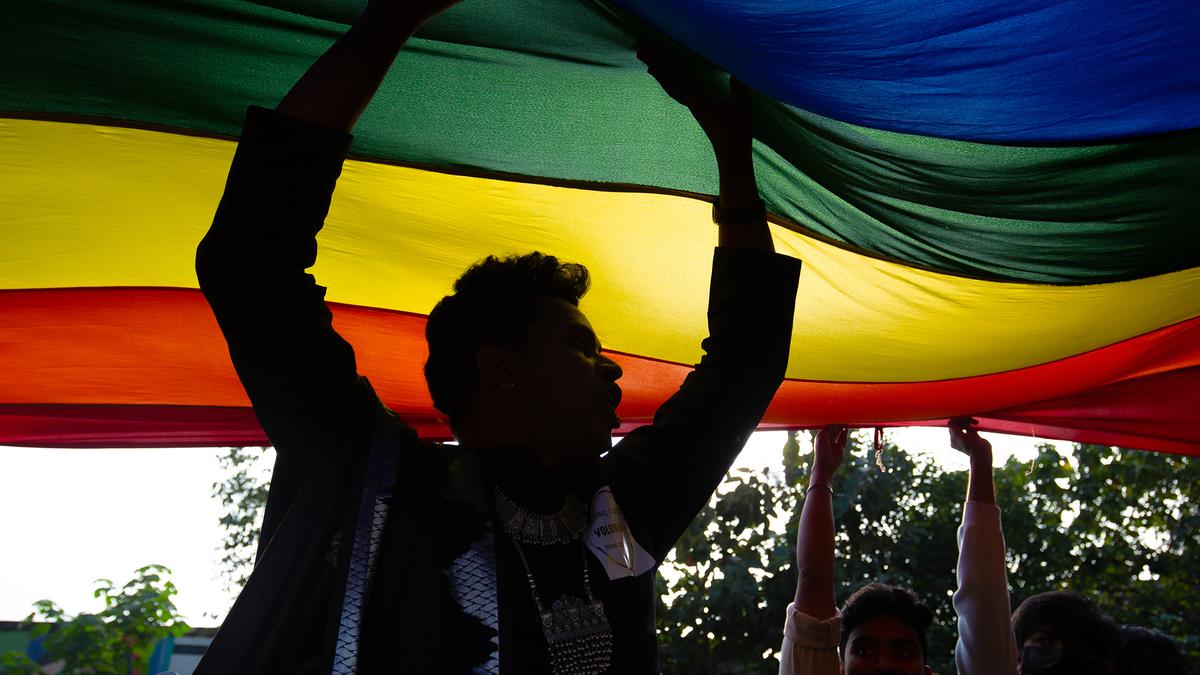
Gender and sexual minorities face restricted access to physical, natural and financial capital, finds study
The Hindu
A study on the economic situation and prospects of transgender communities in Karnataka has revealed that the community faced severely-restricted access to physical, natural and financial capital and a low quality of life. These conditions have worsened after the COVID-19 pandemic, the study revealed.
A study on the economic situation and prospects of transgender communities in Karnataka has revealed that the community faced severely-restricted access to physical, natural and financial capital and a low quality of life. These conditions have worsened after the COVID-19 pandemic, the study revealed.
Conducted by Best Practices Foundation (BPF), a city-based NGO, the ‘Livelihood needs assessment among Gender and Sexual Minorities (GSM)‘ study evaluated the economic situation of 711 community members across 17 districts in Karnataka. The study – that measured the capital possessed by the community and their overall well-being – was conducted in collaboration with Sangama and Solidarity Foundation.
“The study measured the economic status of the transgender community across five metrics – social capital, human capital, physical capital, natural capital and financial capital. We found that the proportion of sex-workers in the transgender community has increased from 11% to 40% after the pandemic,” said Sangeetha Purushothaman, Executive Director of BPF.
“The study calls for immediate remedial and emancipatory measures. The GSM communities are collectivised to an extent but the study advocates the strengthening of Community Based Organisations (CBO) and Self-Help Groups (SHG) and there is an urgent need to also strengthen healthcare and insurance interventions,” she said.
According to the study, only 10% of the community owned any land and 15% ran their own business. Monthly average incomes also dropped by almost 40% after the pandemic. About 70% of respondents reported having no savings at all. “The proportion of respondents having three meals a day has also decreased. Thus, the study advocates ways to improve their livelihood and economic prospects,” said Dr. Purushothaman.
While 66% of participants reported skills in performance like singing, dancing and acting, followed by cooking, the main occupations were sex work and seeking alms, both of which are criminalised and stigmatised. Only 15% reported owning a business as the community’s education levels are very low at 16% completing 12th standard. Only 4% have land ownership, which is far below the national average. With 40% engaged in sex work, 8% indulged in seeking alms. A total of 57% of the respondents said they needed gainful employment through enterprise development.
“The GSM communities continue to face stigma and discrimination, leading to low education levels. The high dropout rates are largely due to bullying and lack of acceptance in educational institutions. Despite government schemes and subsidies they also struggle to sustain their small businesses due to a lack of marketing skills and overall support,” said Shubha Chacko, Executive Director of Solidarity Foundation, who has been working with the community for over two decades.











